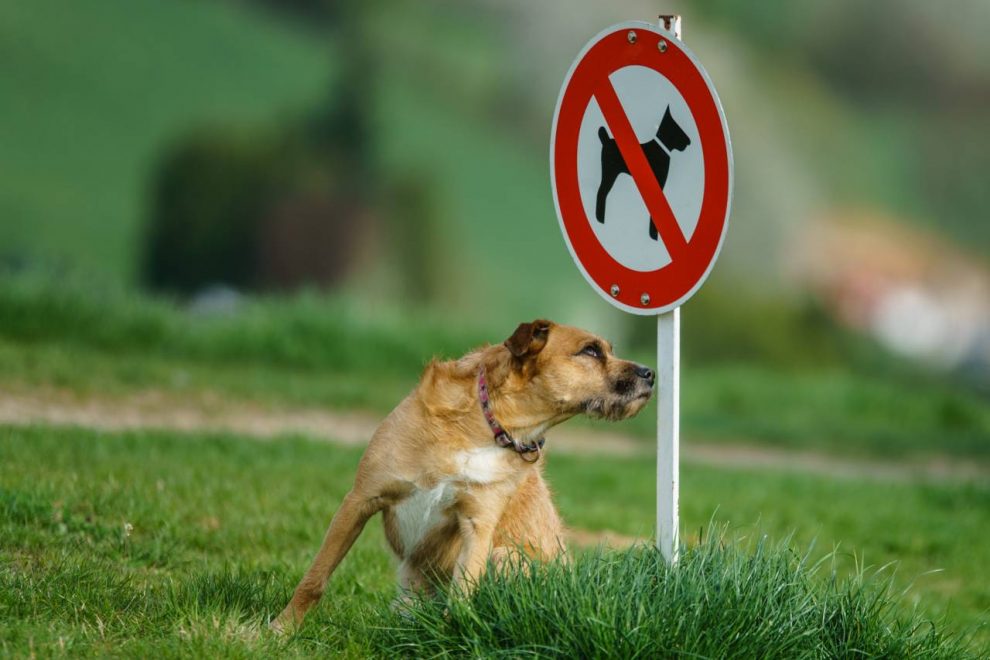A BAN on dogs from play parks and sports pitches and new requirements on their owners have been agreed by a Gwent council.
From June 1 anyone walking a dog in a public area in Monmouthshire will have to pick up its poo, and carry a bag with them to do so. If challenged by a council officer they will also have to be able to show they have a bag.
At present dog walkers are only required to pick up poo in defined areas but that has now been extended to all public places.
The Public Spaces Protection Order, which will be in place for three years, also brings in a ban on taking dogs into children’s play parks and nearly all marked sports pitches in the county.
The council has published a list of the more than 170 places dogs will now be banned from while in other areas, including some cemeteries, there will be a requirement they are kept on a lead.
Council officers will also have the power to order a person in a charge of a dog to put it on a lead, in any public place, if it is out of control, or causing alarm or distress or to prevent a nuisance.
Labour cabinet member Paul Griffiths told the cabinet, which agreed the order, that it is “in no way anti-dog owner.”
The Chepstow councillor said: “It is intended to lead, or support, positive behaviour change that’s taken place within dog owners.”
The councillor said he believed dog fouling is already less of an issue than it was previously: “In my youth, if you went down any high street, you’d play hop scotch in dog’s mess. You don’t do that anymore owners have amended their behaviour.”
He also said that when he lived in Pontyclun, in Rhondda Cynon Taf, he was a member of the local rugby club and would regularly join other parents to clear its field of dog faeces.
Becoming emotional Cllr Griffiths said it was known “in the history of the club a young player had suffered a leg amputation because of the remnants of dog faeces, this is why we need to get this right.”
Huw Owen, the principal environmental health officer, said a review of the council’s parking and civil enforcement powers will consider how the £100 fixed penalties could be issued but said it wants to start with “raising awareness” rather than issuing fines.
The council has a budget of £45,000 for putting up the signs which will be required to make people aware of the orders and dog exclusion zones with it anticipating around £37,000 will have to be spent on signage although some £7,000 of that would have to be met by other landowners, such as town and community councils or housing associations.
He said none have indicated they couldn’t afford to meet the cost which he said would be around £100 to £200 for every site.
Assistance and guide dogs will be exempt from the new restrictions.



















